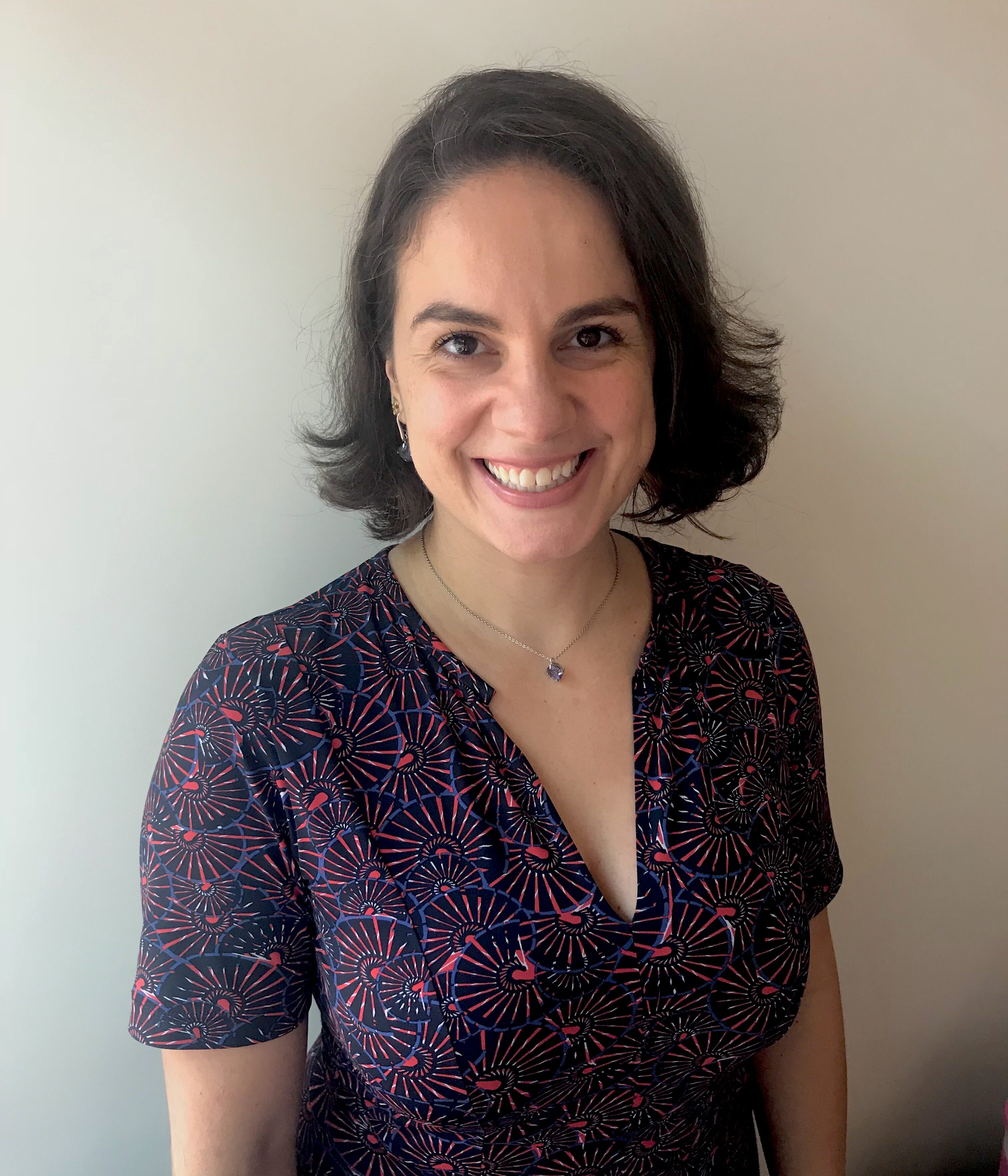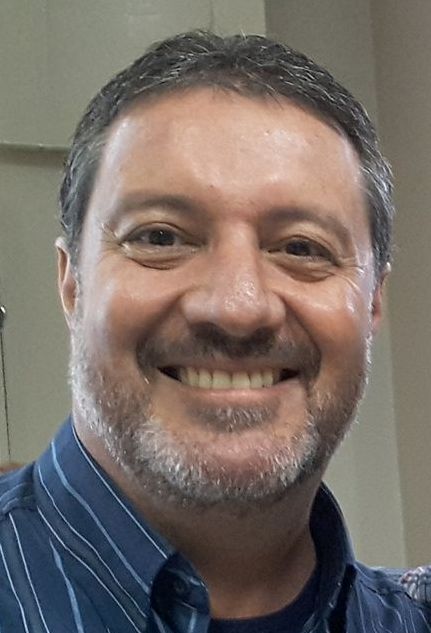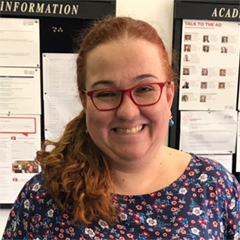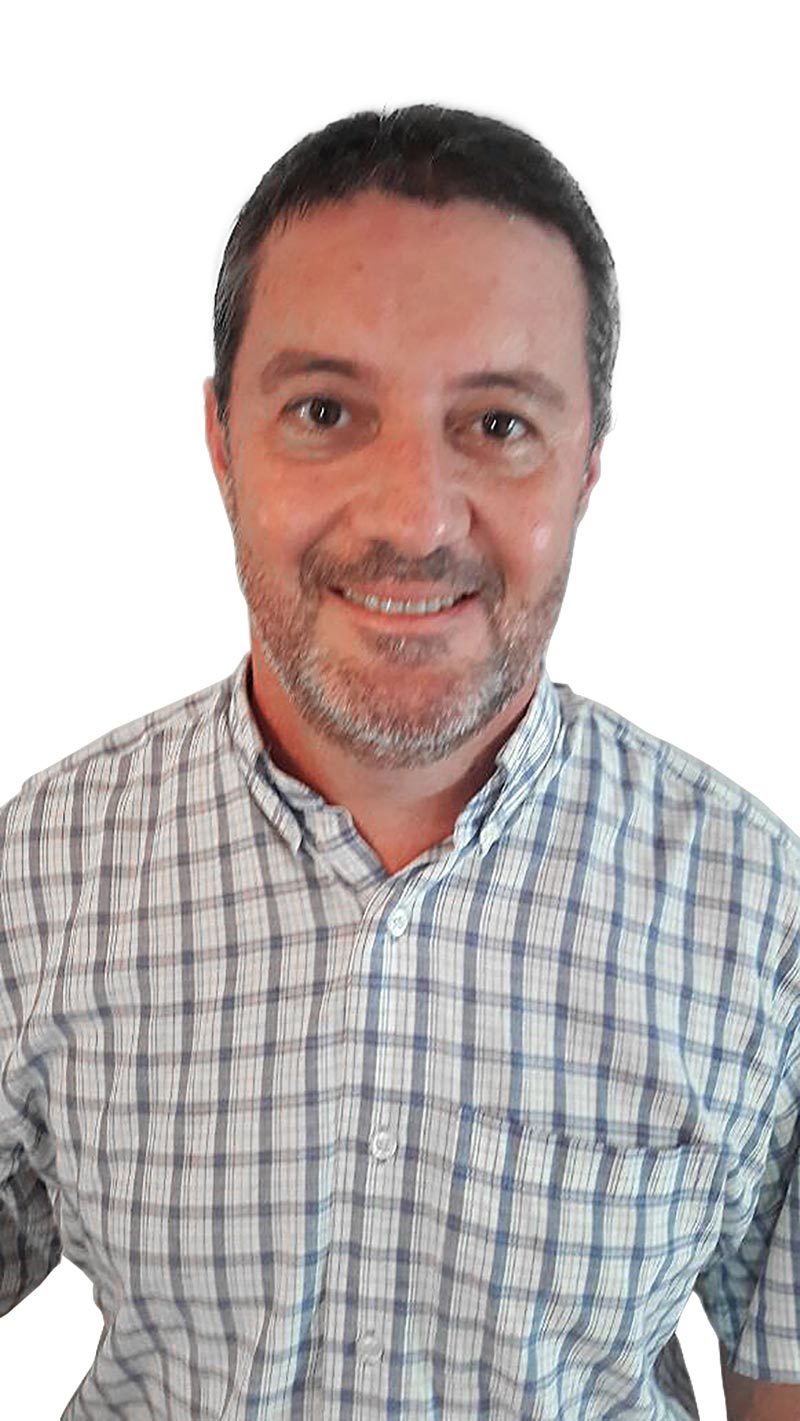Reflections on collaborative work
Innovations in various fields and changes in society behaviour and interaction have been giving us teachers a plethora of opportunities to grow and maximise language learning. Research has also shown that the skills learners need to develop require action from the very beginning of our students’ academic life. In this ‘framework for 21st century learning’ one of the core skills is collaboration.
In some contexts we have already progressed quite a lot with learners, encouraging group work, pair work, peer correction, for instance. Perhaps assessment is still an issue we need to delve into when it comes to collaborative work in the classroom as many of us promote group work, but assess individually. However, based on recent conversations with colleagues, study, and observations, in this text I plan to discuss the teachers’ attitudes that contribute to building a collaborative atmosphere in the classroom and helping learners develop a collaborative attitude overall.
I truly believe that in teaching (and perhaps in life, but that’s too far-fetched for me to reach any conclusions) our goals are what inform what we do. Having said that, teaching people to use a language may mean that we are teaching our learners to communicate and build a better society by being able to listen and talk to a greater number of people. For me it was never about the ‘present perfect’, but about being able to talk about their experiences somehow. From that perspective of teaching people to express their ideas and understand other people’s thoughts, collaboration plays a key role in teaching. I also believe that ‘we teach who we are’ (Palmer, 2007) and that the way we behave has a great impact on what students learn. So, here are some thoughts on how we can positively contribute to teaching learners collaboration apart from what we propose they do in the classroom:
- Reflect on how collaborative you are with people around you – fellow teachers, other members of staff, other professionals in the field. For instance, the way you react to what your students say about other teachers (in your school or not) reveals quite a lot about how collaborative you are towards our own professional group. Also, what you do after that – do you go and give your colleague feedback on students’ perceptions of her/ his work or do you keep quiet/ gossip? When other members of staff are around, do you greet them, introduce them to the learners and value what they do (after all, everyone has a role in the school that will affect learners’ development)? If we aims at making considerable changes to education, we may need to start by questioning what may seem unquestionable or unimportant.
- Plan collaboratively with other teachers, professionals or even with your students. It may be a huge effort and take a lot more time to accomplish something with a group, but it brings shared accountability and reveals that group work has a positive impact on the work environment. It may teach learners about group success and team work.
- Try co-teaching if your context allows it or build new perspectives in the context that doesn’t. Learners will be exposed to educators that are working together to support their learning, bringing different sets of skills and knowledge to the classroom. That could be a great model for exploration of how team collaboration works, how empathy, flexibility, respect, and communication play a key role in collaboration. If learners can discuss the teachers’ work, it is yet one more opportunity to help them develop language.
- Be the change. I know it sounds ‘cheesy’, but it also sounds true. We want to see collaboration and try hard to make learners collaborate. At the same time, we forget that many of us were not formally educated like that and need to really act to behave in the way we want our learners to develop in such a different world. If collaboration is the aim, we cannot keep arrogantly arguing we know what we are doing, we need to keep studying, innovating, seeking to work in groups that also collaborate with and respect groups that are different, belong to diverse contexts. In education, I assume we are not at war. Therefore, the challenge lies in showing our learners that we can change ourselves to teach them how to build skills for this new world. Do not confuse collaboration with lack of argumentation, though. Collaboration leads to developing empathy and respect for various opinions, compromising towards a common goal that embraces diversity.
I hope I can reflect, act and collaborate towards building what we dream of. As I usually say, it is a huge challenge for us all. If it were easy, anybody could do our job, but English language teaching is so much more than knowing a language that it is definitely not for anybody. What do you think?






